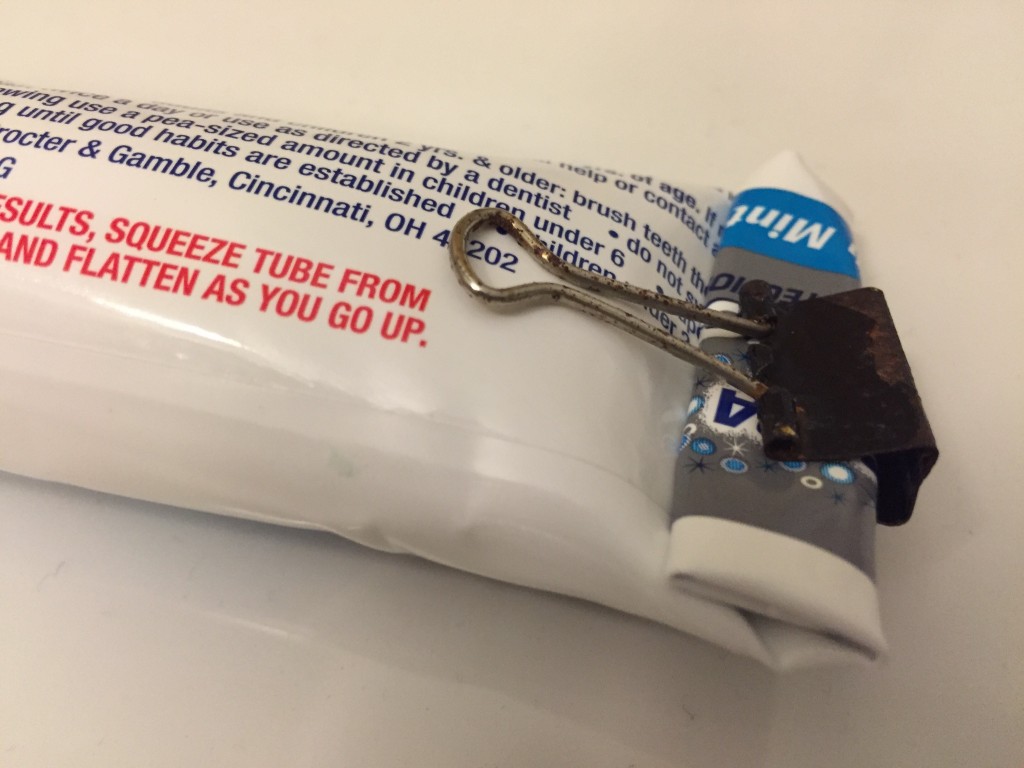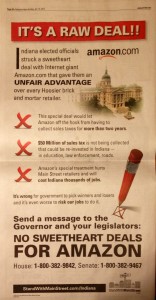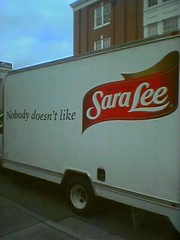I work on the Internet. Having a fast Internet connection is an important part of my work environment. At home, I also use my Internet connection for entertainment and home automation. When my Internet connection is slow or isn't working, I notice.
For the last few months I've been a reluctant Comcast cable Internet customer, after technical and speed challenges with the local DSL provider I was using couldn't be resolved. I pay for a 25Mbps download speed service level with Comcast. But almost as soon as we had service turned on, I started noticing that from around 5 PM until around 10PM or later, our available speeds would significantly decrease - sometimes down to 1Mbps or lower.
I contacted Comcast about it. After all the usual ridiculousness where they try to sell me phone service, tell me I need a new cable modem, tell me it must be squirrels, etc, we got to the heart of the matter:
Me: Is our bandwidth shared with other users, or should it be protected even during peak times?
Comcast: It's not shared at all.
I didn't believe them, but I believed that they wouldn't admit to the bandwidth being shared. So I started collecting data to prove otherwise.
Using a command line tool to query the speedtest.net service, I set up a script that would run once every hour and record the currently available download and upload speeds, as well as ping time. I put all that in a spreadsheet. After two months, I graphed the average upload and download speed available at each hour of the day:







